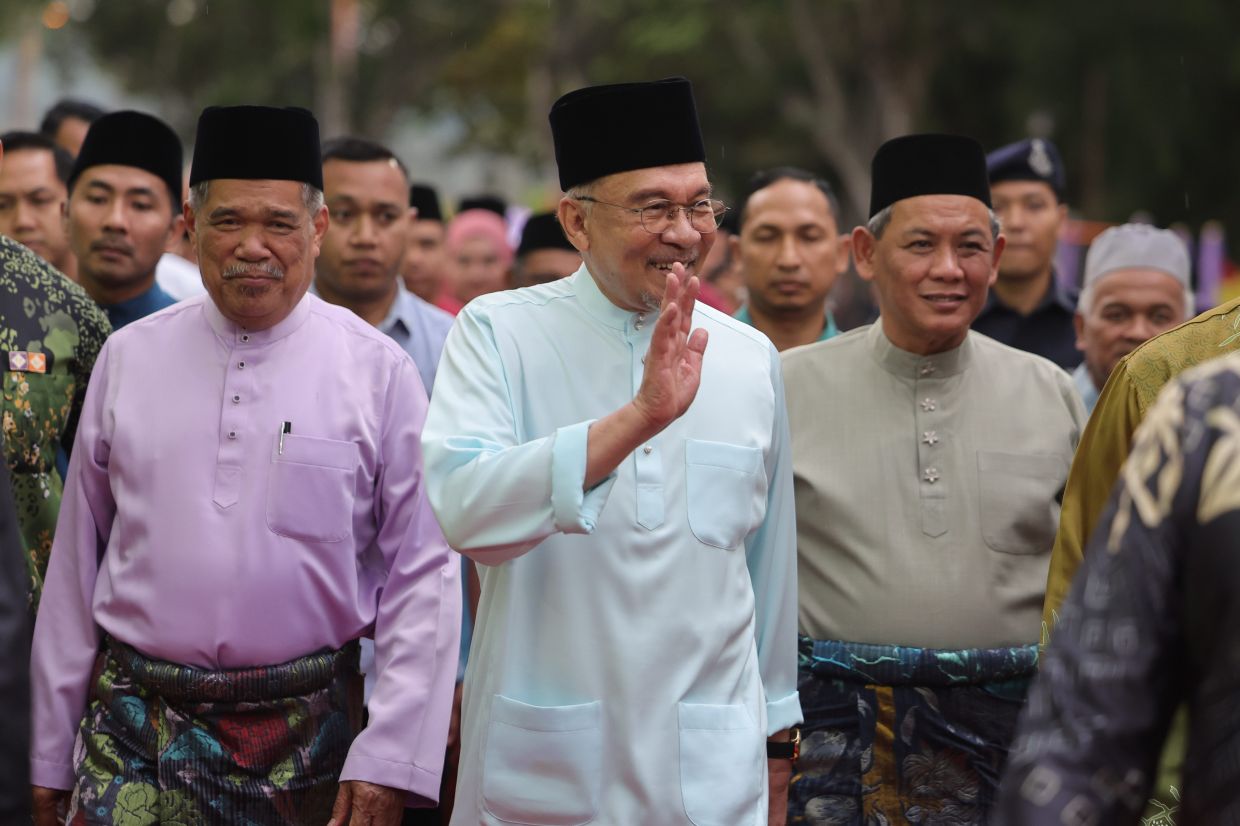
KUALA LUMPUR: The Malaysian Communications and Multimedia Commission’s (MCMC) Artificial Intelligence Fact-check Assistant (AIFA) chatbot has gotten 57,782 queries since its launch on Jan 28.
The commission’s deputy managing director Datuk Zulkarnain Mohd Yasin said AIFA, a part of the government's efforts to increase online safety awareness and combat cyber threats, such as fraud, fake news and digital exploitation, received an average of 2,140 messages a day.
He said the application is one of MCMC's approaches to empowering the community by building and shaping their thinking to check every news or fact they receive, especially on online platforms.
"The spread of fake news is also a serious threat that can threaten harmony in the country as the effect of fake news can cause racial and religious tension.
"Apart from AIFA, MCMC also operates the portal Sebenarnya.my which receives more than two million hits every month to help people check the accuracy of information before disseminating it," he said when appearing as a panellist on Bernama TV’s "Ruang Bicara” programme that was broadcast on Wednesday night (Feb 26).
Zulkarnain said online safety is now a big challenge involving various aspects, including the protection of personal information, the safety of children as well as threats to public order and the country’s national economy.
He said the modus operandi of scammers is now becoming more sophisticated, and cited the 'Love Scam' which previously only relied on emotional exploitation, but has now expanded to false investments which result in greater losses for victims.
"We can see how online fraud continues to evolve with ever greater losses,” he said, adding that based on police statistics, losses due to scams increased from RM1.2bil in 2023 to RM1.5bil in 2024.
He said MCMC had been proactive through regulatory measures, introducing licensing to social media platforms with more than eight million users in Malaysia, in addition to amending the Communications and Multimedia Act 1998 to strengthen enforcement and evidence preservation.
"The regulatory measures are not aimed at restricting freedom of expression but to ensure the digital platforms are responsible for the content. A similar move was also taken by countries such as the United Kingdom, Australia and Germany.
"However, a safe online environment does not solely depend on enforcement as it is a shared responsibility.
"People need to be aware, parents need to monitor their children, and individuals should take precautions in this increasingly complex digital world," he said. - Bernama










































